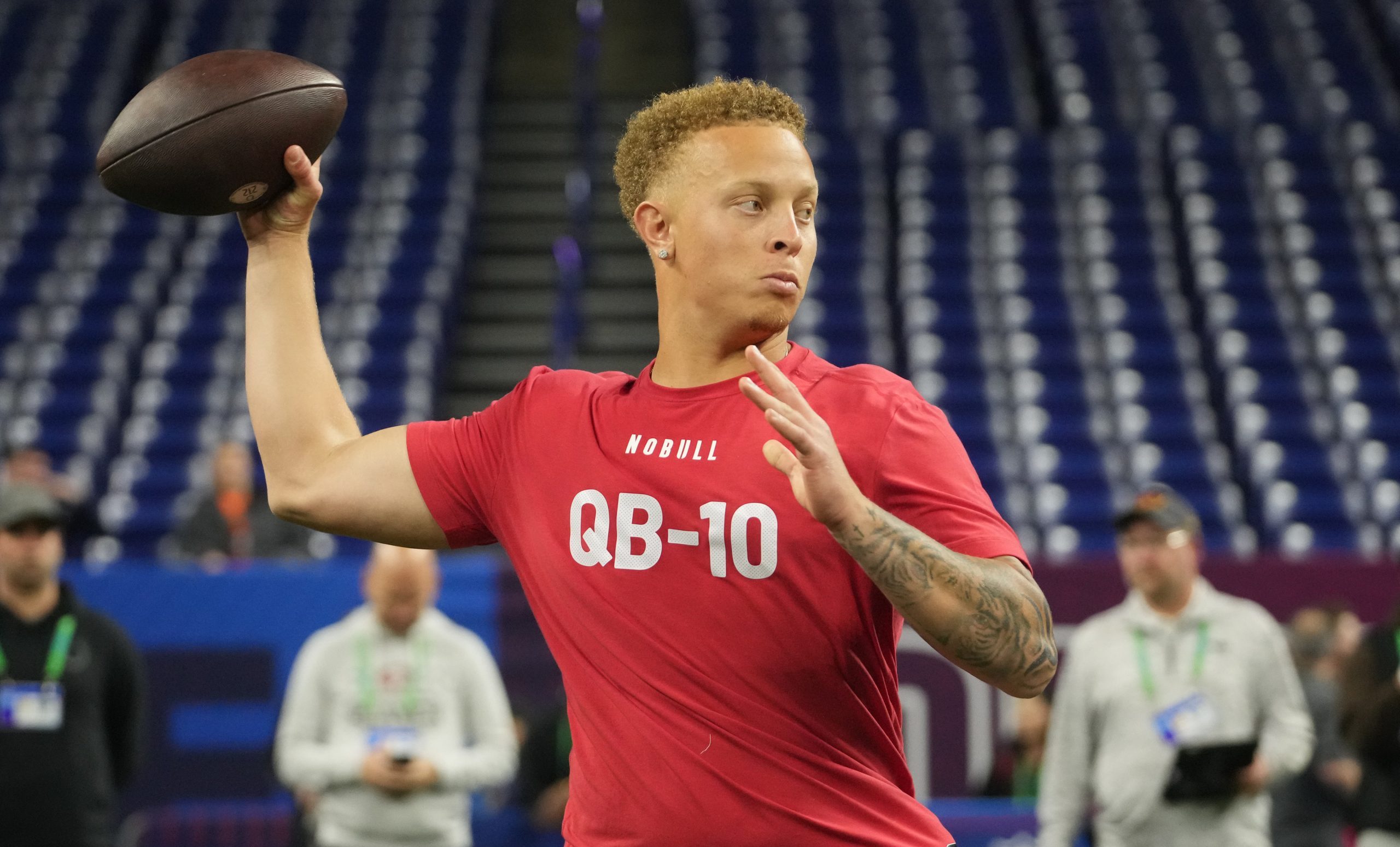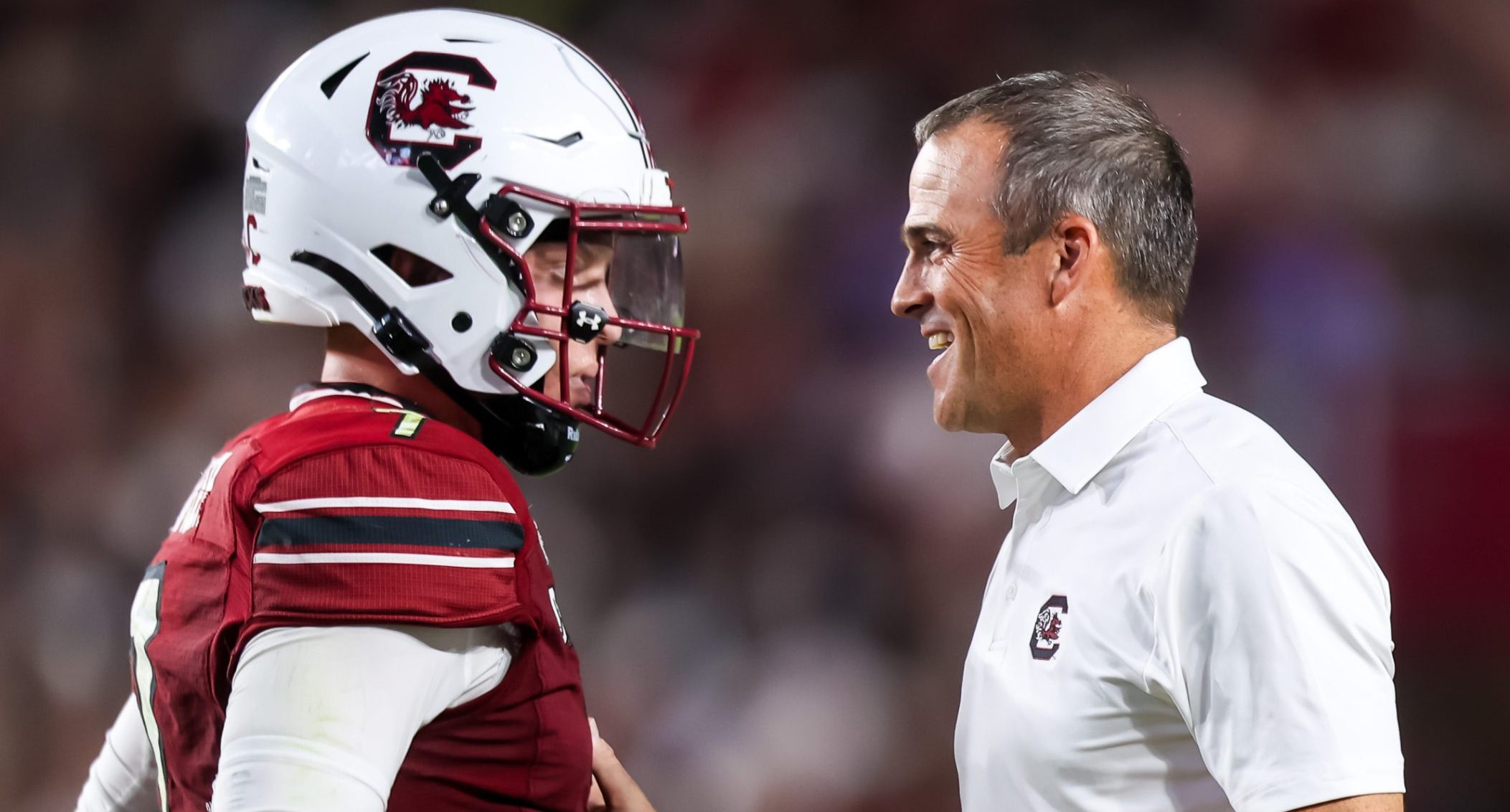Formula 1 will have a huge platform next week as they go under the lights in Las Vegas at the city’s new street circuit. F1 is pulling out all the stops to make the new Las Vegas Grand Prix one of the marquis races on the global calendar, transforming the city and putting a race track on the Las Vegas strip. But excitement for the sport this year has fluttered as Max Verstappen has utterly dominated. He has the championship long wrapped up this year and has won an absurd 17 of 20 races.
It’s a far cry from the 2021 championship season when Verstappen was the young upstart challenging Lewis Hamilton in a battle that went down to the final lap of the final race. Verstappen has turned the sport into a race for second as he’s set record after record in arguably the most one-sided season in the F1 history.
While ESPN’s ratings have held mostly steady, Verstappen’s dominance is calling into question whether the remarkable growth Formula One has seen, especially in America, will be stunted or even start to backslide.
With the Vegas GP coming, Time Magazine issued a lengthy profile of Verstappen and tried to unlock the secrets behind Formula One’s irresistible force. And in doing so, one analyst who studies F1’s parent company, Liberty Media, called Verstappen “the biggest risk to the business.”
But is Verstappen the ideal ambassador for this new heady era? Unlike Hamilton, a regular at fashion weeks with a host of A-list pals—he’s producing an F1 movie starring Brad Pitt—Verstappen has little appetite for the sports-celebrity machine. “I have no desire to be able to hang out with famous movie stars,” he says. He’s the most polarizing driver in the sport, with a focus on winning that can come across as cold. And while Verstappen’s loyal fans show up decked out in orange wherever he goes, over the past two seasons he’s won with such relative ease, it’s drained some drama from the races. In Austin, his supporters couldn’t drown out the boos that greeted him on the podium. F1’s fate may hinge on whether those jeers morph into an appreciation for his singular skills. “As great as Verstappen is,” says Barton Crockett, senior research analyst for Rosenblatt Securities who covers Liberty Media, F1’s U.S.-based parent company, “right now he looks like the biggest risk to the business.”
F1 is publicly traded under Liberty Media so unlike other sports leagues, the health of its business is able to be directly analyzed and scrutinized. But as Time points out, it’s not just that Verstappen is dominating races, it’s that he lacks the crossover cultural factor that Hamilton has. Of course, Hamilton had his own time when it seemed like he won every race across his record-tying seven championships. That’s the way that Formula One has always operated whether it’s been Verstappen, Hamilton, Sebastian Vettel, or Michael Schumacher. But even the drivers themselves could understand viewers beginning to tune out.
The Vegas race, however, is missing a key ingredient: any real meaning. Verstappen clinched the championship on Oct. 7 in Qatar. While drivers jostling lower in the standings may intrigue hardcore fans, casual viewers on, say, the East Coast of the U.S.—where the race will start at 1 a.m.—are unlikely to stay up. “I would get bored of it if I was watching,” says Kevin Magnussen, a driver for Moneygram Haas, the only American-owned F1 team.
At such a pivotal time when F1 is entering new markets and trying to sell races with glitz, glamour, and drama, Verstappen’s stranglehold over the 2023 season didn’t exactly go according to script.







